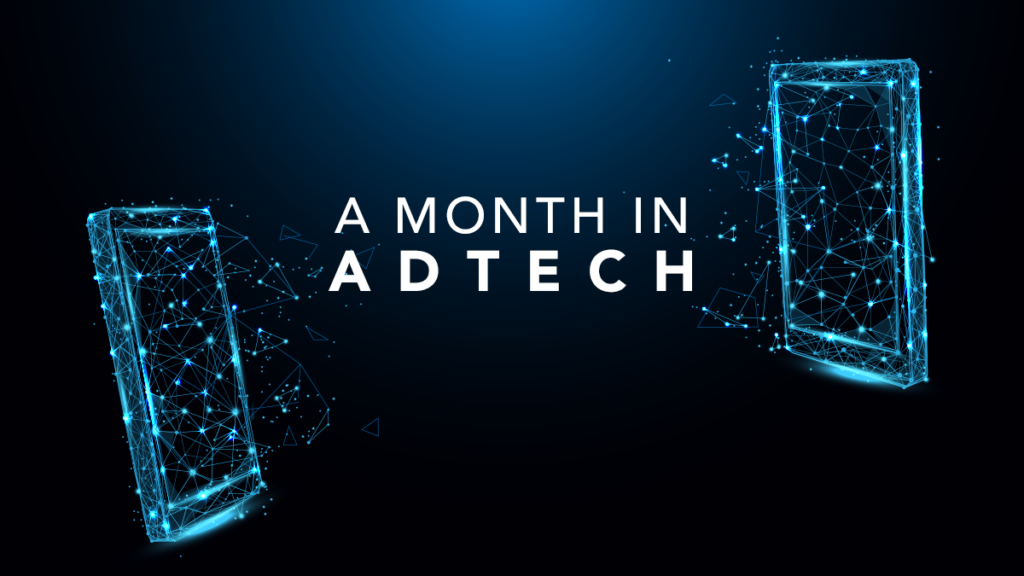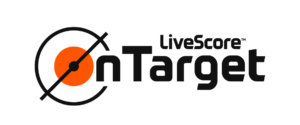By Zoe Baptie, Account Director, Bluestripe Communications
Zoe is the resident adtech expert at NDA’s sister company Bluestripe Comms and our monthly columnist rounding up the most important developments in the market each month.
Last month was awash with the news that Google Chrome will be phasing out third-party cookies by 2022. So it’s only right that this month starts with another Google Chrome announcement, as it came to light the internet browser will start blocking intrusive ad formats in short-form videos.
This means no more interruptive mid-roll ads or waiting for those annoying pre-roll ads to finish before getting to the content you actually want to consume. Coming into effect from 5th August across desktop, mobile web and in-app, Google, including YouTube, will be complying with a new standard from the Coalition for Better Ads in a bid to improve the user experience.
The new video standards released by the Coalition for Better Ads follows research which found 764M devices globally blocked ads in Q4 2019.
The study identified that ad experiences were driving consumers to install ad blockers, and in particular, as North American and European internet users start to shift their internet usage to mobile, it has led to an increase of ad blocking on mobile devices, MediaPost reports.
Also new in industry standards in a post-cookieless ecosystem, the IAB has launched ‘Project Rearc’ as a replacement for third-party cookies. The initiative will bring together the IAB, with brands, agencies, publishers and tech vendors to create a code of conduct and legal agreements to address consumer demands for personalisation and privacy and to power digital advertising.
According to AdExchanger, Project Rearc will use hashed email addresses or phone numbers as an identifier and for advertisers to use for targeting.
And the cookie crumbs are still being picked up elsewhere across the industry, as Omnicom Media Group has started to rethink how to monitise consumer attention. The company will be focusing more on context to help reset the balance from losing access to cookies.
However, OMG will be harnessing this strategy in environments where cookies have not traditionally been used, such as TV advertising. Speaking with AdExchanger, John Swift, OMG’s COO, North America comments how it’s important to “stop thinking about channels and digital silos and more about content and experience.”
Elsewhere, Accenture announced it will no longer audit how well ads from its media agency buys are performing from the end of August. Previously, Accenture faced a conflict as it acted as an ad buyer and auditor, with competitors suggesting the company could use insights from its audits to gain a competitive edge for ad-buying contracts.
With plans to quit the media auditing business, Accenture has eliminated an area of conflict of interest. Digiday has the full report, here.
Lastly, Integral Ad Science highlighted bad actors have invented ways to exploit ads.txt — a tool set up by the IAB Tech Lab two years ago as a way to stamp out ad fraud. Dubbed the 404bot, the ad verification company noticed an increase in fraudulent activity which has reportedly affected more than 1.5 billion ads.
The 404bot reportedly works by spoofing URLs in a browser that is not easily detectable by the human eye, allowing perpetrators of domain spoofing to go unnoticed.









